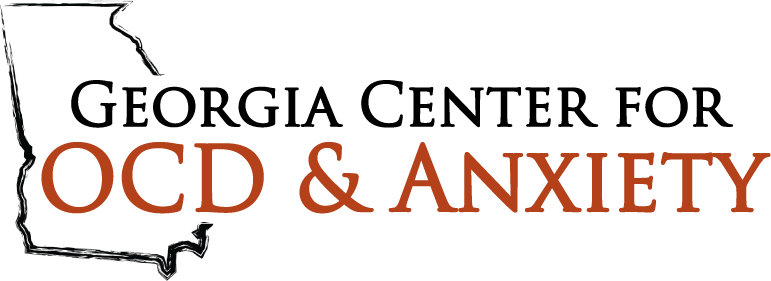Definition
A Specific Phobia is a persistent over-estimation of the degree of danger posed by a certain situation or object, leading to a strong urge to avoid. A specific phobia can also be thought of as an irrational fear or an inappropriately intense reaction prompted by an object or situation.
Specific phobias that are more common include: phobias of specific animals and/or insects, heights, natural elements (thunder, water), driving or public transportation, medical procedures and closed-in spaces.
Symptoms
Individuals with Specific Phobias realize that their fear is irrational; even so, simply thinking about it can often cause extreme anxiety. The phobia-induced thoughts trump rational thoughts, convincing the individual that the only option is to avoid the object or situation.
When those with phobias are confronted with the specific phobia, they fear they will lose control, possibly doing something uncharacteristic and/or dangerous. For example, an individual who fears large bodies of water may fear that they will spontaneously jump into the lake and drown.
Suffering from a specific phobia(s) can have costly, negative impacts on an individual’s life. Phobias can reduce self-esteem, hinder activities of daily living, limit work efficiency, and place a strain on interpersonal relationships as the sufferer does whatever they can to avoid the uncomfortable, terrifying feelings associated with their phobia(s).
Prevalence
There are times when phobias develop in childhood, but the majority of phobias seem to develop during adolescence or early adulthood. The onset is usually unexpected and sudden, and may even develop in situations that were previously non-threatening.
Treatment
The preferred treatment for Specific Phobia is a form of Cognitive Behavioral Therapy (CBT). Through CBT, an individual with a Specific Phobia gradually confronts the phobia, learning that the situation is less threatening than originally believed.

